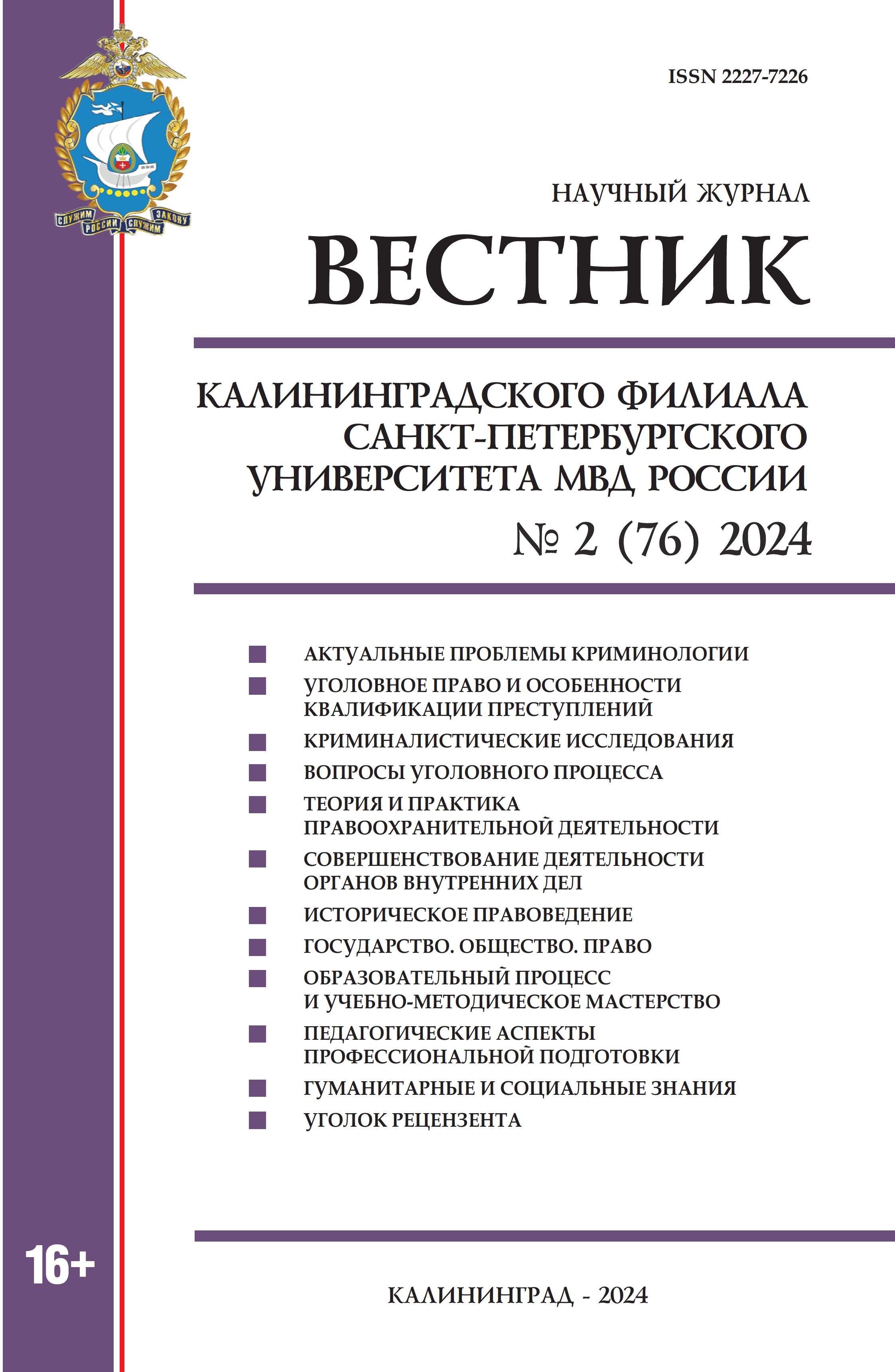Russian Federation
Introduction. Challenging transactions in bankruptcy plays an important role in protecting the interests of creditors and ensuring fair distribution of the debtor's property. The relevance of the topic is due to the fact that in a number of cases, debtors, when concluding transactions, abuse their rights, often pursuing the goal of reducing property. The results of the analysis of law enforcement practice indicate that the courts have not developed a uniform approach to resolving disputes of the category considered in the article; applicants face difficulties in protecting their rights, in particular when choosing grounds for challenging transactions. Therefore, it seems appropriate to further study the grounds for challenging transactions in bankruptcy: it is necessary to determine the causes and essence of the problems of their use in law enforcement practice, and to propose ways to resolve these problems. Methods. The methodological basis of the study was: the dialectical method of cognition, general scientific, special and private law methods, a systematic approach, and a formal legal method. Results. The legislator establishes general and special grounds for challenging transactions, which gives rise to problems in bankruptcy proceedings related to the relationship between these grounds. Based on the results of the analysis of law enforcement practice, it was revealed that, firstly, within the framework of the procedure for challenging transactions on normatively established special grounds, problems arise with the collection and assessment of evidence, and secondly, transactions are challenged on both general and special grounds, which has also positive , and negative consequences. It is concluded that in resolving these problems, the role and importance of judicial practice increases significantly, including in terms of more active and widespread use of the principle of good faith when considering disputes of this category.
Bankruptcy, transaction, challenge, basis, invalidity, court, creditor, debtor.







